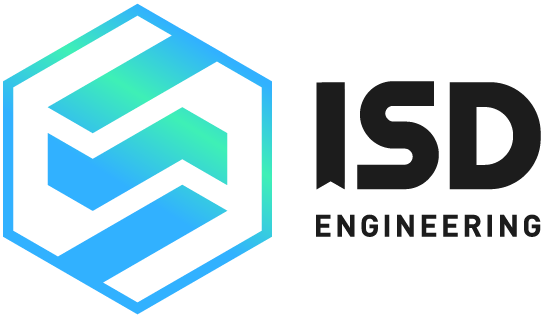
EDGE Certification and the Roadmap for the Latest Version (EDGE v3.1)
News
What is EDGE?
EDGE is a green building certification system focused on improving the resource efficiency of buildings. An initiative of IFC, a member of the World Bank Group, EDGE helps emerging markets scale up resource-efficient buildings quickly, easily, and cost-effectively.
EDGE enables developers and builders to swiftly identify the most cost-effective strategies to minimize energy, water, and embodied carbon in materials.
EDGE Certification Levels
EDGE offers three certification levels that represent an organization’s commitment to resource savings and emissions reduction:
- 1. EDGE Certified: The entry level, awarded when a project achieves at least 20% savings in energy, water, and materials.
- 2. EDGE Advanced: Granted to buildings that reach at least 40% energy savings, demonstrating a higher level of operational efficiency.
- 3. EDGE Zero Carbon: The highest level, achieved when a project meets EDGE Advanced requirements and proves the elimination or full offset of annual carbon emissions—aligning with long-term sustainability goals.

EDGE Certification Process
1. Registration
- The project owner registers the building project on the EDGE App (an online platform).
- Select project type (residential, commercial, hospital, hotel, etc.) and input project details.
2. Design Phase Assessment
- Use the EDGE App to model the building’s projected performance in energy, water, and embodied carbon in materials.
- Identify strategies that can achieve at least 20% savings in each of the three categories compared to a local baseline.
- Work with a certified EDGE Auditor to validate the design data.
3. Preliminary Certificate (Design Stage)
- Submit documentation to an EDGE Certifier (approved certification body).
- After successful review, the project can receive a Preliminary EDGE Certificate confirming its compliance at the design stage.
4. Construction & Implementation
- During construction, project developers must implement the approved green strategies (materials, technologies, systems).
- Maintain records and evidence (photos, invoices, technical specifications).
5. Site Audit
- An independent EDGE Auditor visits the project to verify that the strategies from the design phase have been implemented.
- Collects and checks evidence (site inspection, documentation).
6. Final Certificate (As-Built Stage)
- After successful verification, the certifier issues the Final EDGE Certificate.
- This certificate confirms that the building meets the required performance levels in practice, not just in design.
Timeline for EDGE V3.1 Implementation
Below is the transition timeline for EDGE V3.0 to V3.1:
- December 2, 2024: EDGE V3.1 opens for registration.
- January 1, 2025: Updated user guides take effect for projects registered under EDGE V3.0 from this date onwards.
- December 30, 2025: End of registration for EDGE V3.0. After this date, new projects can only register under EDGE V3.1.

Consulting Services at ISD Engineering
ISD Engineering is a pioneer in Vietnam for both LEED and EDGE certifications. We are proud to be the first and only green building consultancy in Vietnam recognized simultaneously as a LEED Proven Provider by USGBC/GBCI—acknowledging our consistent excellence in delivering LEED projects—and as an EDGE Premier Service Provider by IFC/World Bank Group—a title awarded only to organizations with outstanding expertise and performance in EDGE certification.
We provide comprehensive solutions:
- Strategic consulting to achieve certification for all building types.
- Status assessment & detailed roadmap development with optimized costs.
- Fast-track support with documentation, certification procedures, and end-to-end project guidance.
Contact for Consultation
👉 Get in touch with us today to receive professional consulting and become one of the pioneers in achieving green certification in Vietnam.
🔗 Learn more about ISD Engineering’s green building certification expertise
- Posted on
- September 18, 2024

